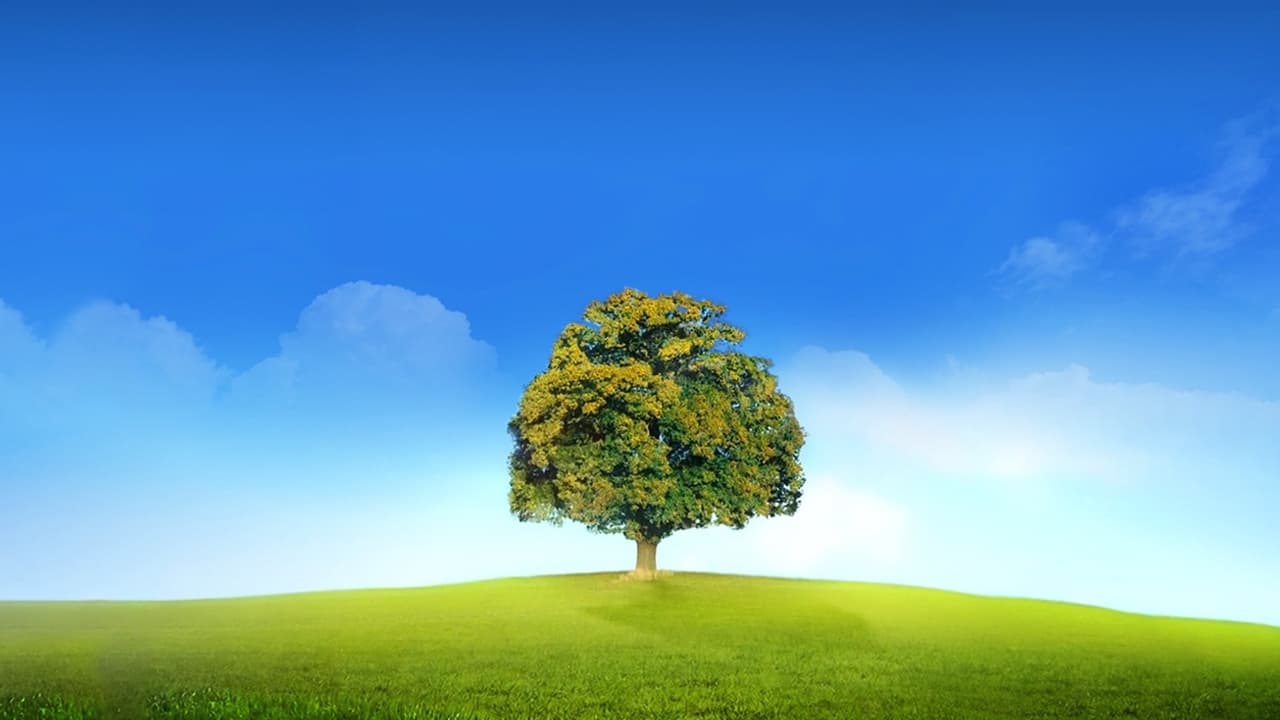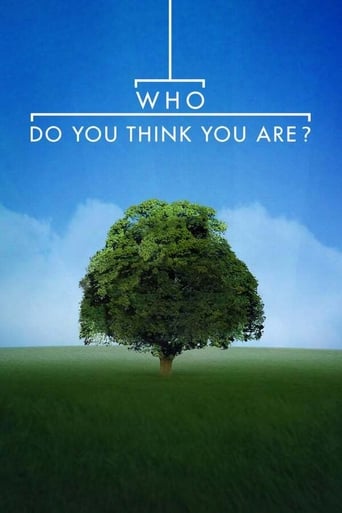

Respect the privacy of the deadThis show talks about the private lives of generations of relatives. The show I watched yesterday in Australia about a woman who dug up the 3 marriage contracts of her great great grandfather just to be able to say and chuckle that "he was married 3 times" raises the issue about the privacy of the dead.At present time, NSW laws do not allow people who are not party to the marriage to get copies of marriage certificates. But if they are 30 years old, anyone, not even those related to them can. There is here a certain irony.Likewise from a certain ethical point of view, just because they are dead doesn't mean you can do whatever you like just because you can. If they were living, do you think those people would have allowed very distant relatives to pry into their lives, let alone dig up and get copies of their marriage contracts? Put yourself in the place of the dead. See how it goes.Furthermore, Article 17 of the International Covenant on Civil and Political Rights provides "Article 17 1. No one shall be subjected to arbitrary or unlawful interference with his privacy, family, home or correspondence, nor to unlawful attacks on his honor and reputation." 2. Everyone has the right to the protection of the law against such interference or attacks. "Likewise, the OECD Guidelines on the Protection of Privacy and Transborder Flows of Personal Data provides that "although national laws and policies may differ, Member countries have a common interest in protecting privacy and individual liberties, and in reconciling fundamental but competing values such as privacy and the free flow of information; ".Sometimes its not what we want to do with other people's lives but its what they would have wanted had they been alive
... View MoreI have a fascination for history, particularly social history and I always find this show fascinating. They have done a huge range of people and the amount of work which must go into each show is staggering. I think it's a very engaging and human way to learn about history.I'd just like to refer to one of the other posters on here and say that these people are generally not employees of the BBC so their political leanings are of no import. There is a long tradition of creative types who lean a little to the left, so I'm not sure why that comes as a shock, and a large number of the subjects (actors or otherwise) of this series are far from uneducated. I think what may have got lost in translation is exactly who some of the individuals in earlier series are. And perhaps their sense of humour. A large number of these people are well-known in the UK but perhaps not elsewhere. I believe that this has been picked up in other countries now as well and made with more relevant subjects.One of the reasons I think it's so interesting in the UK is that it highlights how mixed the people living here are.
... View MoreI cannot praise this show enough. It is a rare treat to see a celebrity do a piece without ego, but this show is heartfelt, funny, and moving in equal measures.Some of the celebrity's are shocked by the revelations in their past. Stephen Fry finds himself in Aushwitz, Natasha Kaplinsky finds a Jewish massacre in Belarus, and Barbara Windsors family went through debtor jail.Alistair Mcgowan finds himself in India, and John Hurt doesn't find himself in Ireland. And Nigella Lawson, Jeremy Clarkson, and Jane Horrocks find themselves related to Industrialists.Fantastic and throughly engrossing series. 10/10.
... View MoreWho Do you Think You Are? is one of the better documentary series's that the BBC have made recently. I watched most episodes.It is about ten celebrities who trace their ancestors from many years ago. This takes them around the UK and around the world too. We learn quite a lot through watching this and we also get to see different places.Some of the celebrities taking us on this journey include newsreader Moira Stuart, comedian and ornithologist Bill Oddie, Top Gear presenter Jeremy Clarkson, singer Lesley Garrett and actress Sue Johnston.This was screened on BBC2 between 9 and 10pm on Tuesdays. I think it would have attracted more viewers if it had been on BBC1.Very enjoyable.
... View More